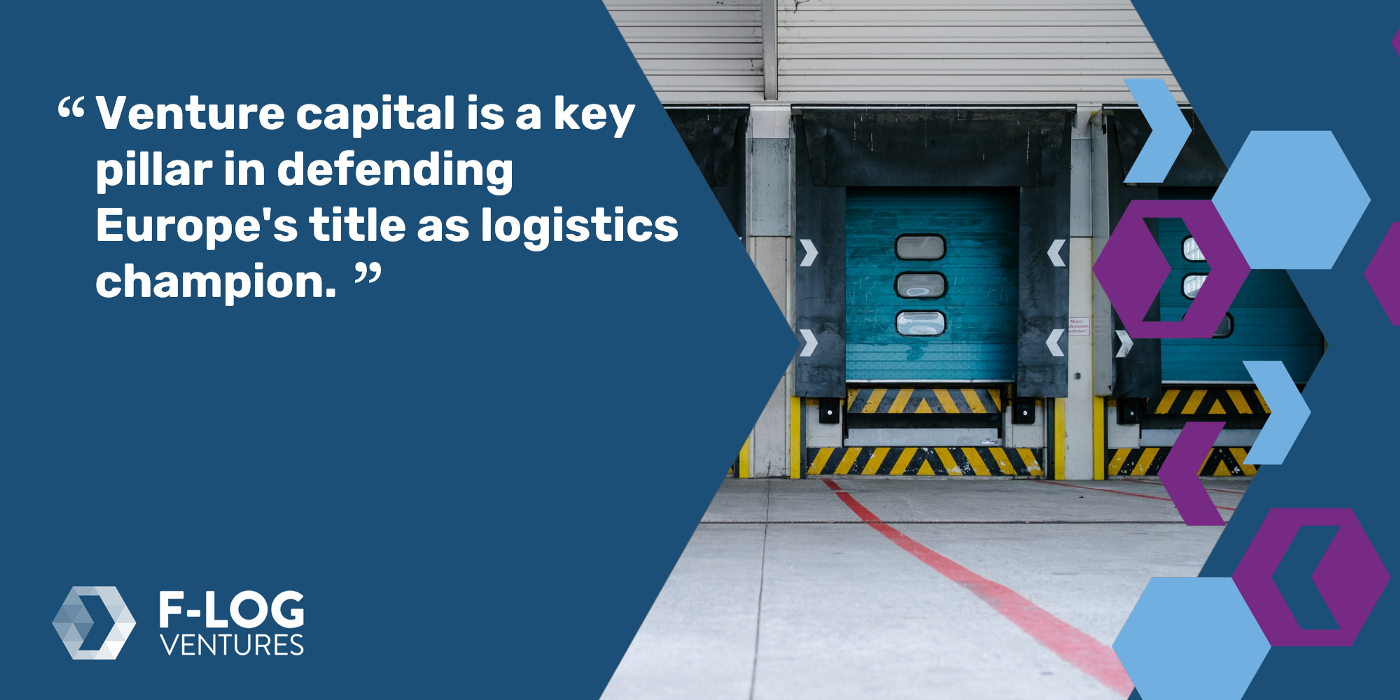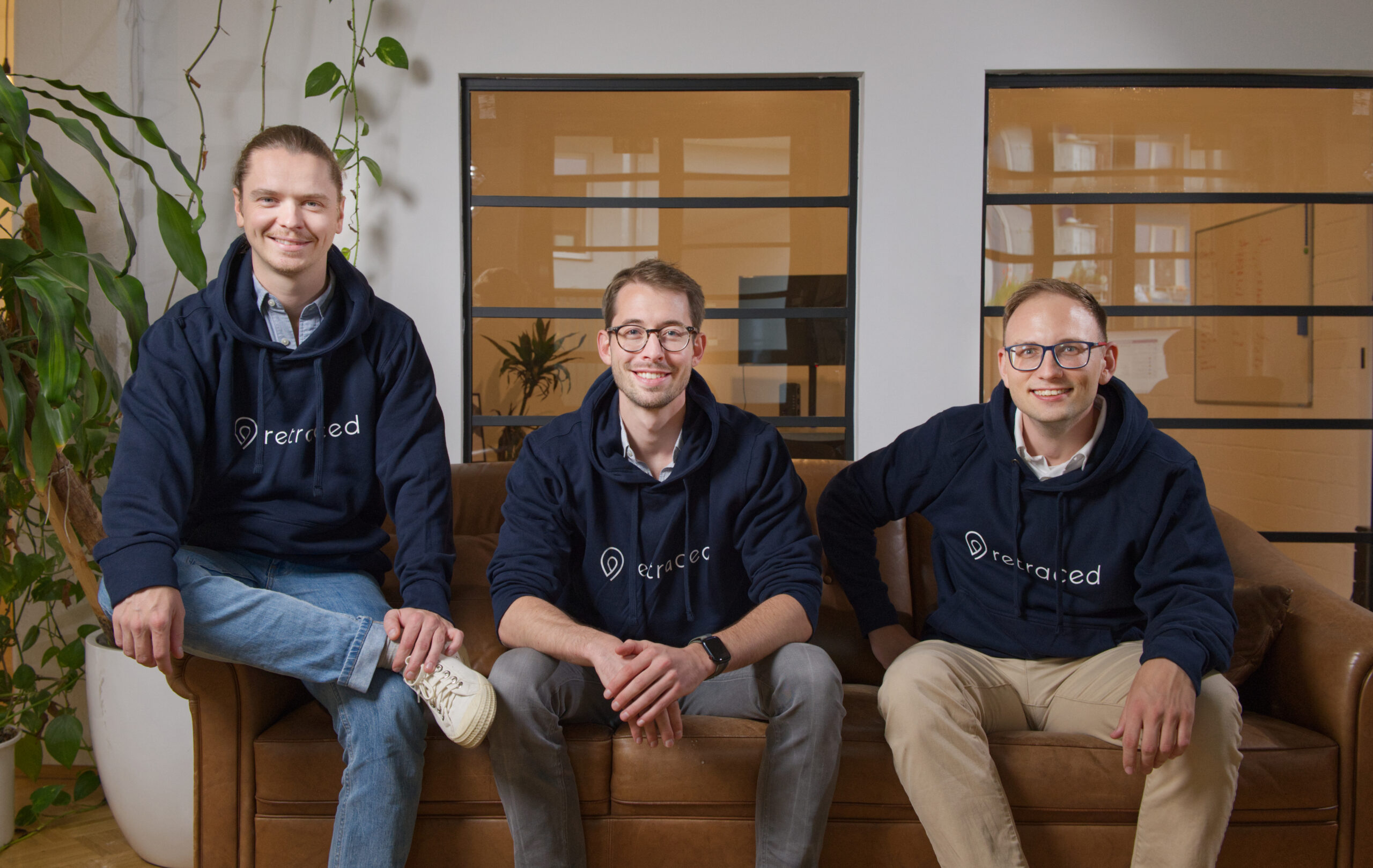
If you, too, are one of the many whose latest, feverishly awaited online purchase didn’t quite make it to your doorstep at the promised time and had to walk to the nearest post office for collection — well, welcome to the club. The last mile issue is one of logistics’ most apparent ones — but surely not its biggest! Let’s take a look at your “new love in a box” and its journey of challenges:
- Today, road transport accounts for more than 20% of the world’s total greenhouse gases. This figure is expected to double by 2050. At the same time, the average truck on the road is heavily underutilized, hauling only 60% of what it could carry. One in four is completely empty because no suitable consignment was found that matched its outward journey.
- Whereas professional logistics players are increasingly automating their warehousing operations, only 18% of online and omnichannel retailers use digital helpers to pick, pack, and ship their goods. The other 82% use a tool called pen and paper.
- Logistics relies heavily on human workers — not just today, but tomorrow, too. The fact that 94% of Germany’s top 100 logistics companies consider a shortage of manpower a critical challenge is rather distressing. This, in turn, increases the costs of not only road transport but the entire supply chain and simultaneously underlines the need for new, more efficient processes.
- Further up the stream, alarm bells are ringing: Almost 75% of industrial companies suffered a shortage of critical parts during the Covid-19 crisis because most have only a poor overview of stock levels and expectations about demands on their supply chain.
- Taking a more global perspective, the process of international shipping involves 25 different parties, such as forwarders, terminal operators, shipping lines, and many more. Shippers continue to complain about a lack of transparency, reliability, and communication in international logistics chains. Digitalization failed to create a common ground.
- In the end, the likelihood that you will return your product reaches 30%. In the US, returns in 2020 grew by 70%, weighing in at over 2 billion kilograms. Returns not only pose a serious cost and complex burden on a retailer’s logistical operations but are also a real pain for their customers. And to add fuel to the fire, many returned goods are disposed of without ever being in use.
Are traditional T&L companies asleep?
“Wake up, all you logistics giants out there! Pull yourself together and tap these great market opportunities!” You’ll be forgiven for thinking that established logistics players are in a strong position to turn these challenges into chances. Larger logistics companies in particular take a very proactive approach and invest heavily in digitalizing their core. But because margins within the industry are small, established players are strong with exploiting but struggle with exploring. Reinventing yourself while keeping operations at the highest possible level of efficiency is a heroic feat that only few achieve.
Low-hanging fruits for newcomers?
While traditional logistics companies seem unable to address these challenges, technology-driven start-ups with digital business models push into the market with no less a goal than to disrupt the logistics industry. Digital freight forwarders like Sennder or CargoX aim to transform and improve the inefficiency in road cargo for the better. Start-ups like instabox or Gophr work toward a more efficient and convenient delivery on the last mile. And even though freight platforms and last-mile start-ups appear to be venture capital favourites (in terms of funding), areas like warehousing, fleet management, or supply chain visibility are equally challenged by start-ups like Flexe, Smartlane or e2log.
Yet even these young challengers face many problems along the way: a shortage of B2B insights; very long sales cycles; digital infrastructures based on legacy IT systems and a lack of standardization, data availability and quality needed to automate process flows or facilitate new technology like artificial intelligence. Another pain point is the market’s fragmentation and emotional barriers preventing the digitalization of operations. Today, especially small players benefit from their personal network and fail to see the urgency in using digital products. The start-ups’ road to growth is filled with many hurdles and risks. Sufficient venture capital is therefore urgently needed to increase their stamina and punch.
Logistics: A major VC playground?
The many well-funded LogTech grown-ups and unicorns may give rise to the impression that logistics and venture capital have been symbiotically tied to each other for a very long time. Fact is, investors discovered logistics in 2015 only. But they seem to be making up for lost time: According to a recent McKinsey study, logistics start-ups received more than 25 billion USD in funding over the past 6 years. The funding volume grew 17-fold compared to 2014, therefore outperforming overall venture funding growth by far.
Even though there is a lot of money in the market, most of those resources (46%) are allocated to the 10 best-funded start-ups. Among them are names like Lalamove or Manbang. These names may not sound very familiar to you — but six of the ten best-funded logistics start-ups hail from China. No surprise there, since the APAC region accounts for 57% of funding for logistics, while North America contributes 35%. Europe’s overall piece of the global VC cake is negligible (13%), and its share in the logistics segment of 5% is hardly worth mentioning.
Europe therefore lags far behind its Asian and US counterparts, making European logistics start-ups only dream of the money raised in other parts of the world. Yet despite its strong position within the world’s 50 top-ranking logistics service providers, and European companies contributing almost half of the sector’s revenue, it’s surprising that the funding of logistics start-ups is dramatically low compared to the US and China.
This reflects the urgent need for Europe’s tech-based ecosystem to dedicate more funds to logistics start-ups, to minimize the previously mentioned hurdles and risks, and especially to prevent the drain of disruptive technology. Venture capital is a key pillar in defending Europe’s title as logistics champion. We believe a specialized LogTech VC is the right answer to the current situation.
But is it just a lack of money?
Due to this traditional complexity of the industry, where an extensive network is often more important than low prices or service quality, it takes more than cash to advance a start-up to the next level. Venture capital firms must instead provide smart money in relation to networks, industry insights, or access to potential customers to really make a difference for LogTech start-ups. Also, a venture capital firm relies on logistical expertise and industry knowledge to evaluate deal flows and make the right decisions.
How could this even work in practice? Imagine a venture capital firm backed by numerous outstanding logistics corporates. These industry veterans would not only provide the cash but would also pro-actively open doors to the industry. They would share their knowledge and valuable B2B insights to speed up sales cycles and revenue growth. Such an industry network could truly be a shortcut to scaling a LogTech business.
Join the club!
What can we take away from this? Well, for start-ups and venture capitalists, logistics and supply chains are a highly interesting playground!
You need to remember that disrupting an established industry like the logistics sector is not something you do lightly. It’s a supreme discipline that requires both start-ups and VCs to take the right approach and involve industry specialties.
Here at F-LOG Ventures, we give logistics start-ups the very backing that they need: With money on the one hand, but above all with our deeply rooted industry network and expertise on the other.
In fact, we are right where we need to be, at the right time! You’re a LogTech fan or founder? Let’s expedite Europe’s logistics ecosystem together!
Questions, comments, feedback? Or just would like to talk? Find us on LinkedIn (Michael / Daniel)or shoot us a message at michael.geers@f-log.vc / daniel.voss@f-log.vc.



